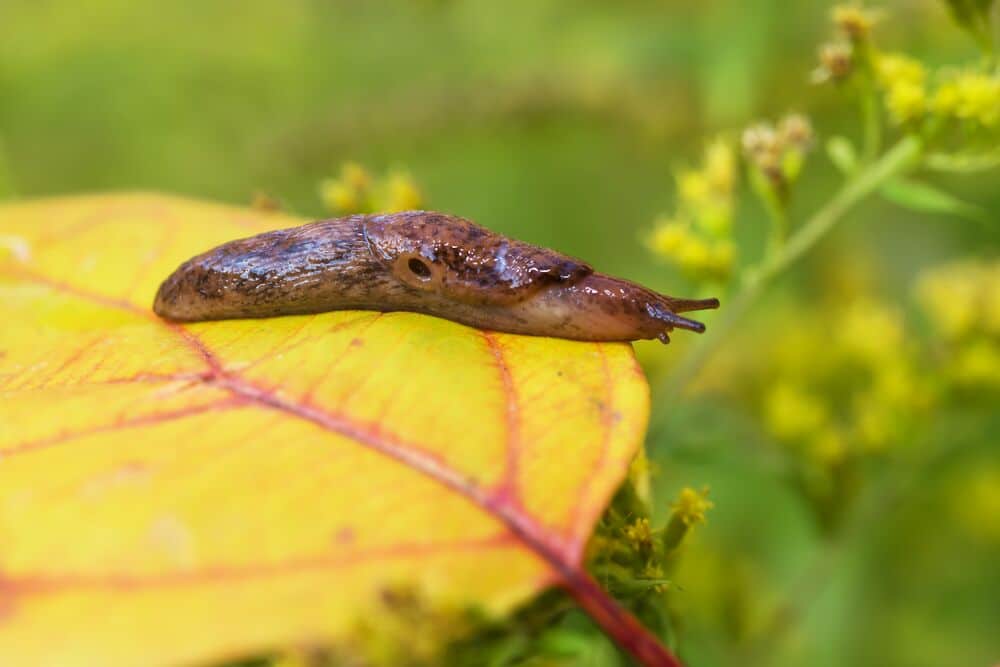
Are you noticing that some of your plants are getting destroyed by snails and slugs? Read this article to find out how to get rid of these pests and how to take advantage of the presence of certain types of snails.
What are slugs & snails?
Snails and slugs are both molluscs and are quite like each other. Their only main difference is that snails have shells. It’s important to understand their habits to find out how we can treat them and how we can prevent them from harming your garden.
These molluscs do not like the sun. That is why we usually notice them after rainy weather as that is when they come out of their hiding spots. They are also very sensitive to dehydration, therefore, during sunny weather, they like to hide in wet soil, in tall grass, or under pots, logs, benches, anywhere where they won’t receive sunlight.
Slugs and snails aren’t picky eaters, they will eat whatever is available to them, and most of all, whatever they can reach. They usually feed off low hanging fruits, leaves, flowers, roots…
Although you may want to get rid of snails and slugs in your garden, they aren’t always a negative. As they can’t reach high, they usually feed of what I on the soil, and help you get rid of debris, fallen leaves, therefore limiting diseases. Their faeces act like fertiliser for the soil, and their shell gives calcium when they die. Lastly, snails and slugs feed off bug eggs, which acts as a light pest control.

How to recognise slugs & snails?
Snails and slugs are usually big enough for you to see them, but there are other ways by which you can detect their presence.
As they feed on plants, they leave irregular sized holes in the leaves and leave mucus trails behind them. They also feed on elements close to the ground such as ripe tomatoes and strawberries.

How to get rid of slugs & snails?
To get rid of slugs and snails, the most common methods are traps, baits, and repellents or alternatively, by hand.
Natural methods include beer; simply place a container or cup with beer and place it where you want to attract the snails and will make it easier for you to find them and get rid of them. Or spray your plants with garlic extract, as this also acts as a great repellent against snails and slugs.
For more efficiency, you can also buy snail and slug repellent products. They exist under different substances such as barriers to spread around your plant, or bait that lures them into eating the product and stopping them from ingesting on your plants.

How to prevent slugs & snails?
If the weather is favorable to snails and slugs, then you might want to put in place preventive measures, so they don’t attack your plants.
One method is using crushed eggshells as their sharp edges will create defensive barriers snails and slugs can’t get over. Eggshells also act as a great fertiliser and add needed minerals and nutrients to the soil.
Secondly, spreading hemp mulch or any mulch that is rough to the touch. These molluscs will avoid creeping over these types of surfaces and discourage them from reaching your plant.